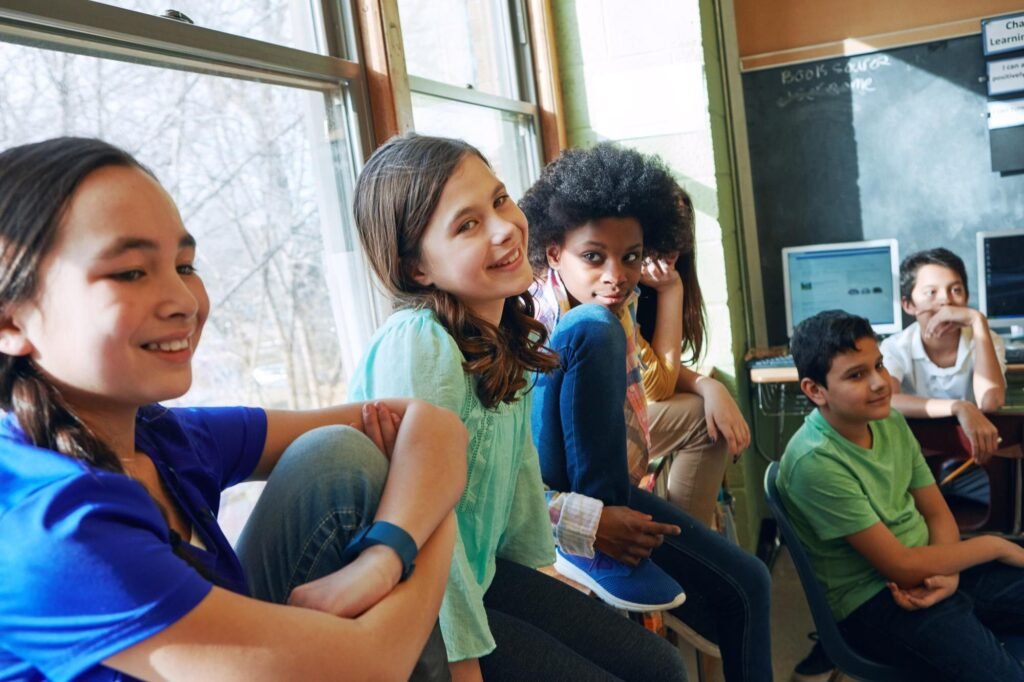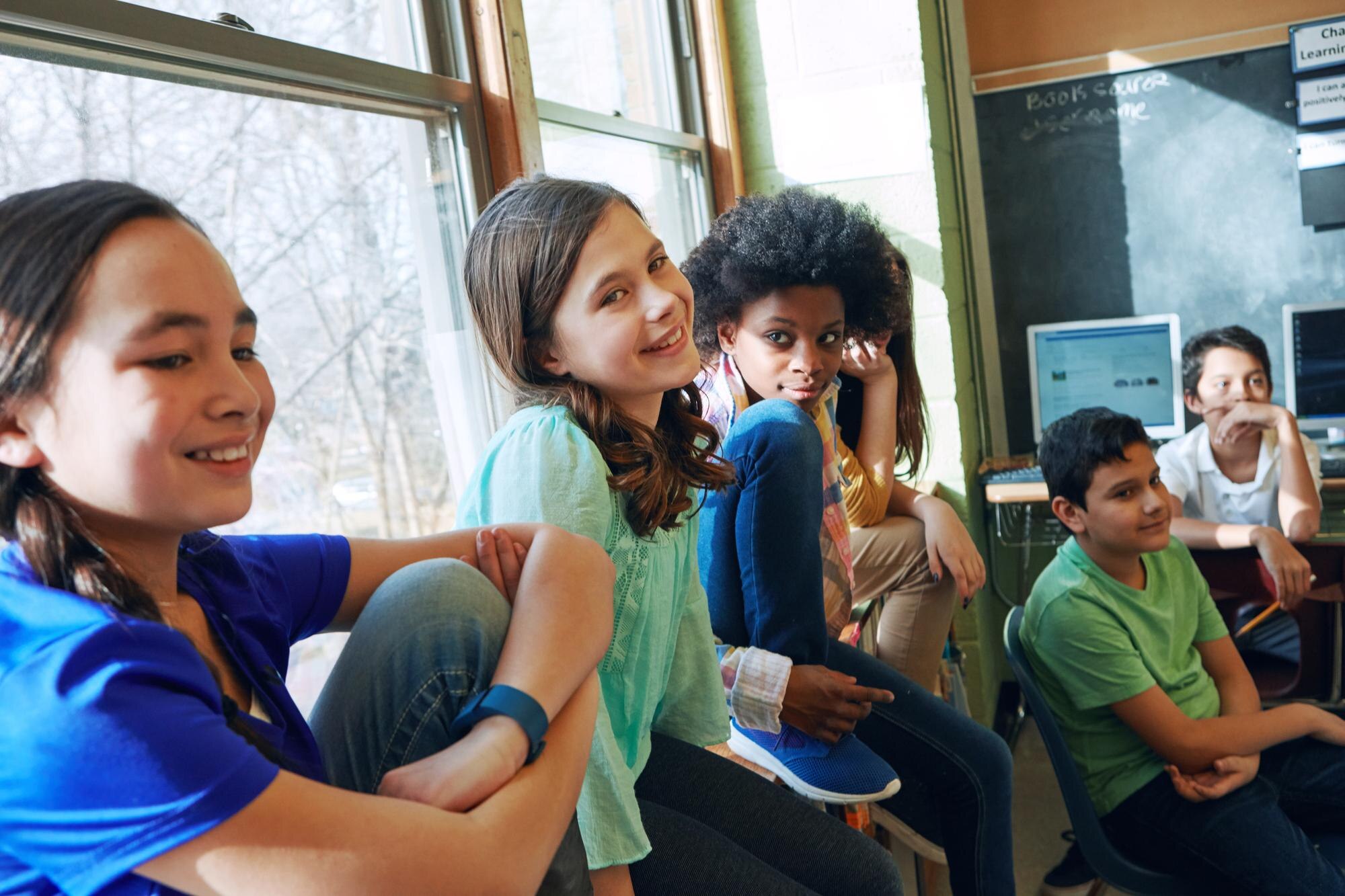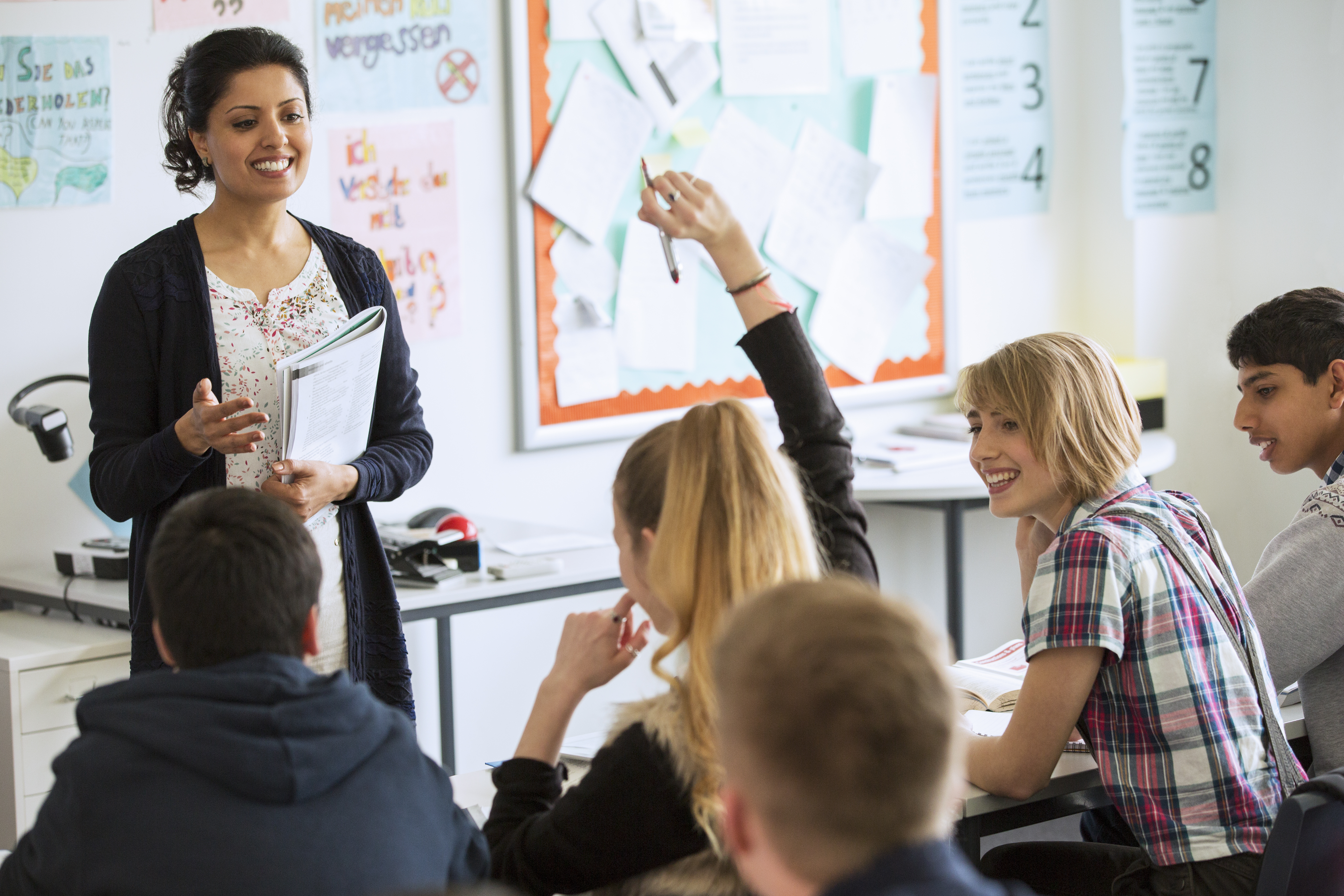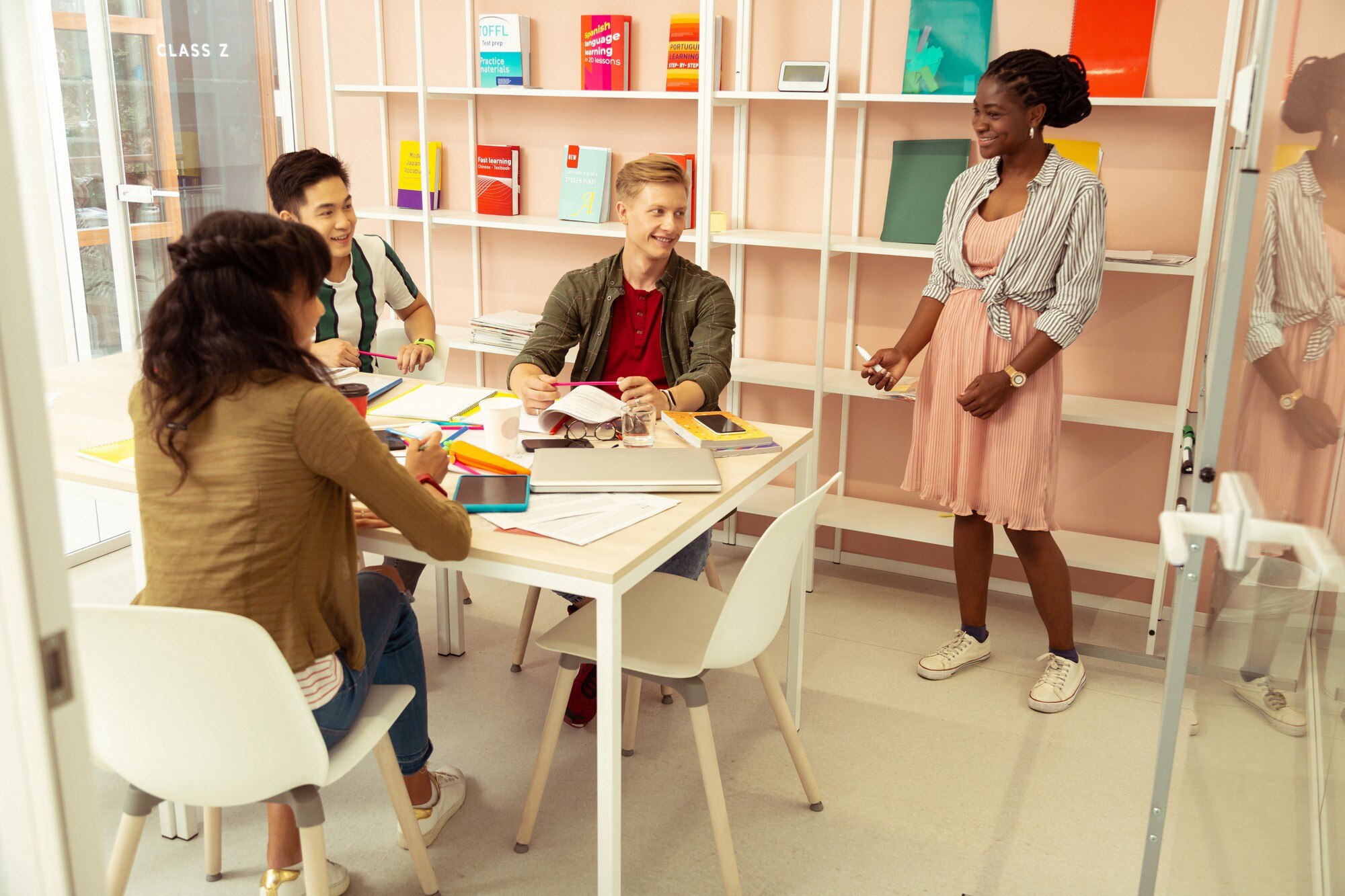
Empowering the Gifted: Top Strategies for Educators to Foster Resilience and Confidence
Gifted students often carry a heavy burden of expectations. They excel academically, but their emotional struggles can go unnoticed. As an educator, you hold the key to unlocking their fullest potential beyond the classroom. Imagine equipping these bright minds with resilience and confidence to shine in all aspects of life. In this guide, you’ll discover practical gifted education strategies to foster resilience in students, ensuring their emotional well-being. Dive in, and empower your students to thrive, not just survive.
Building Resilience in Gifted Students

Building resilience in gifted students is critical for their emotional and academic success. These students often face unique challenges that can impact their mental well-being. Understanding and addressing these challenges can empower students to navigate setbacks and thrive.
Recognizing Emotional Challenges
Gifted students often experience heightened emotional sensitivity, which can manifest as anxiety or stress. Recognizing these signs is the first step in providing adequate support. Educators can look for indicators such as withdrawal, perfectionism, or frustration.
A real-world example involves a gifted student who expressed feelings of inadequacy despite high achievement. Teachers, upon recognizing these emotions, worked collaboratively with counselors to develop a support plan.
Increased sensitivity to criticism
Difficulty with peer relationships
Tendency towards overachievement
According to the NAGC, acknowledging these emotions and providing a safe space for discussion can significantly improve a student’s resilience.
Strategies for Emotional Well-Being
Promoting emotional well-being in gifted students involves tailored strategies that consider their unique needs. Educators can implement these strategies to foster a nurturing environment.
Integrate mindfulness practices to help students manage stress.
Encourage journaling to allow expression of thoughts and emotions.
Facilitate open discussions about feelings and experiences.
Case studies show that students who engage in mindfulness report lower stress levels and increased focus. The ESCCO suggests incorporating these practices into daily routines.
Real-world application: A classroom that incorporates daily mindfulness noticed a 30% increase in student engagement and a noticeable decrease in anxiety-related issues.
Confidence Building Techniques

Confidence is a vital component of a gifted student’s growth. Educators can play a crucial role in boosting self-esteem and confidence, enabling students to reach their potential.
Encouraging Self-Expression
Encouraging self-expression allows gifted students to explore their identities and build confidence. Providing diverse platforms for expression can aid in this development.
Art projects can offer a medium for creative expression.
Public speaking opportunities can enhance communication skills.
Writing assignments allow for introspective thinking.
The Genie Academy emphasizes the importance of varied expression methods to nurture confidence.
An example: A student who participated in a school debate team reported feeling more confident in sharing ideas and engaging with peers. Key insights:
Increased self-awareness
Improved communication skills
Enhanced critical thinking abilities
Overcoming Perfectionism
Perfectionism is a common trait among gifted students, often leading to stress and burnout. Strategies to manage perfectionism can help students set realistic goals.
Teach that mistakes are part of learning.
Encourage setting achievable goals.
Provide feedback that focuses on effort rather than just results.
The Gifted Challenges blog highlights that addressing perfectionism involves shifting focus from outcomes to the learning process.
Actionable advice:
Celebrate small victories.
Discuss famous figures who overcame failures.
Foster a growth mindset through class discussions.
Practical Educational Support

Providing educational support tailored to gifted students can significantly impact their academic and emotional well-being. Creating an inclusive and supportive learning environment is key.
Creating a Supportive Environment
A supportive environment nurtures gifted students’ talents while addressing their emotional needs. Educators can create such settings through intentional strategies.
Incorporate flexible learning opportunities.
Provide access to counseling and mentorship.
Design curricula that challenge without overwhelming.
The Edmentum article suggests customizing classroom environments to cater to diverse learning styles.
Case study: A school that implemented flexible learning schedules reported higher student satisfaction and improved academic performance.
Encouraging Peer Collaboration
Peer collaboration can enhance social skills and learning experiences for gifted students. Structured group activities can foster teamwork and understanding among peers.
Use group projects to encourage collaboration.
Facilitate peer mentoring programs.
Create clubs or forums for shared interests.
This approach allows students to learn from one another, promoting empathy and shared knowledge. Benefits include:
Enhanced problem-solving skills
Increased empathy and understanding
Opportunities for leadership development
In conclusion, implementing these strategies and fostering a supportive environment will help educators empower gifted students. These students can then thrive both academically and emotionally, paving the way for a successful future.

A certified Heal Your Life® Coach with 20+ years in education and emotional development. Supports gifted teens in navigating anxiety, perfectionism, and identity challenges, while equipping parents with practical tools for lasting transformation. Sessions blend emotional healing, mindset mastery, and strategic empowerment.



